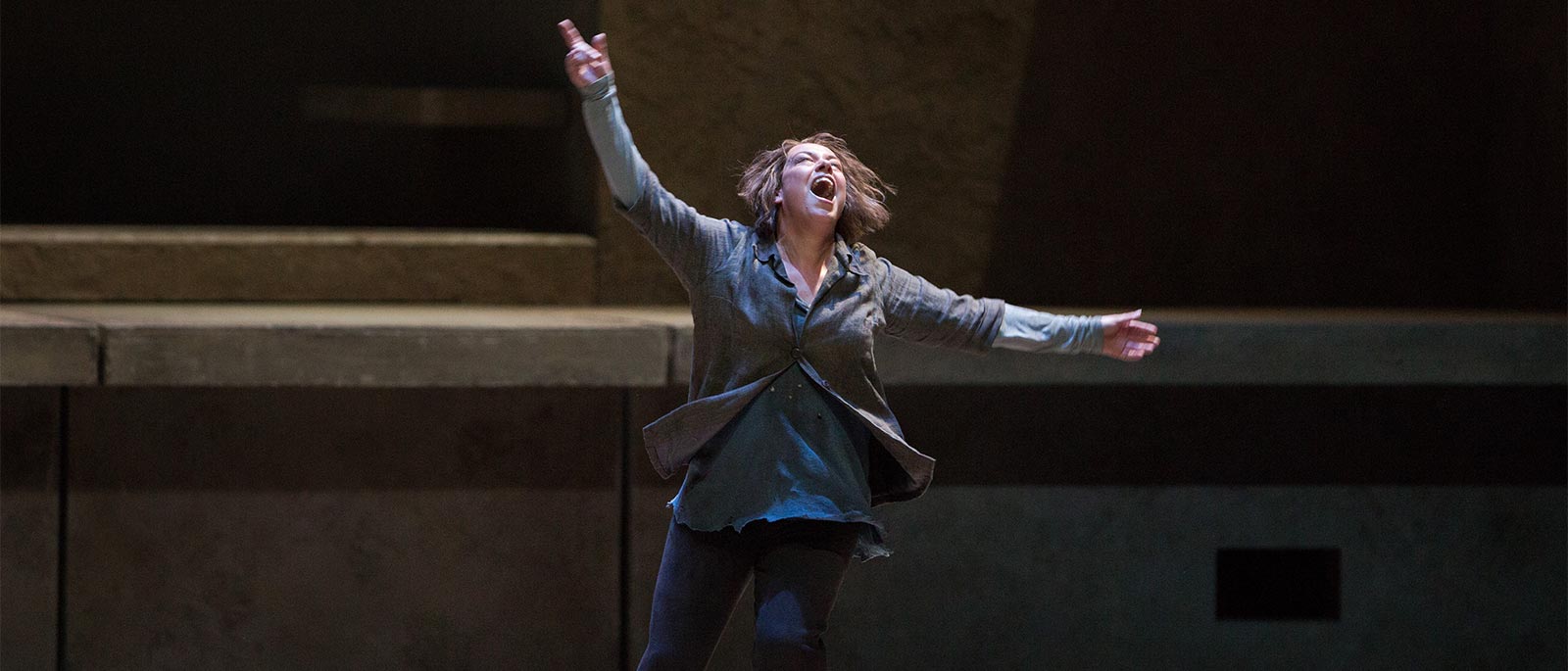
Psychology Today
With its deep Freudian undercurrents, Strauss’s incendiary Elektra, inspired by Greek myth, is as modern now as it was at its premiere more than a century ago. By William Berger
Audiences at the 1909 world premiere of Strauss’s Elektra were shocked by the composer’s monumental adaptation of Greek myth. They blamed his jagged, brash score (making use of an orchestra of 108, the largest in any opera), which took music to the very edge of tonality. But if the music was challenging to audiences in the early 20th century, to contemporary ears it is thrilling and engaging. Audiences today are no longer scandalized by Elektra’s grab-you-by-the-throat musical power. That said, the opera still makes us squirm (in the best possible ways) thanks to its timeless, primal psychological underpinnings. Though short (less than two hours), Elektra is an epic of psychology.
The story is famous from Greek myth: King Agamemnon is murdered by his wife, Klytemnästra, after his victorious return from the Trojan War. Their daughter Elektra obsesses about murdering her mother to avenge her father’s death. Sigmund Freud spoke of her dilemma as a core pattern in the unconscious, a daughter’s sexual competition with her mother, coined by his collaborator Carl Jung as the Electra Complex. People have noted that this opera is Freudian, and they’re right, but in a deeper sense than they may realize.
The young woman Elektra represents not just obsession with the father, but also the dawn of morality. What is right? How do I feel about this? There is something really, really wrong with my family, and I must set it right somehow, however painful. Elektra tells her sister she can’t “get out of this house” by being “clever.” (Or, in therapy terms, you can’t will yourself into health and wholeness. You have to take action.) Elektra’s experience encompasses psychosis and recovery and everything else about the inner journey that has defined us since the days of Strauss and Freud (who were almost exact contemporaries).
In one harrowing scene in the opera, Klytemnästra wonders why her fitful sleep is tortured by nightmares. She does not understand that she feels guilt, because the concept of guilt has not yet been invented in human society, least of all for these semi-divine children of gods. She looks for outside cures to her tortures, including human sacrifice. “Everything has a proper ritual,” she declares. She takes drugs—external, chemical solutions—but they don’t work anymore.
Strauss’s Elektra is a psychological analog to pre-literate, mythic Greece: It does not traffic in right and wrong; it just reacts and hurtles forward. But what is truly Freudian about the opera is the modern notion that Greek myths are not commemorations or interpretations of events that happened “back then,” but are recurring struggles in the human psyche. It is these seismic interior shifts that define the world order, not the other way around. These tales are the epics of the mind, as vivid today (and as startlingly contemporary) as in 1909 or 400 BCE.
William Berger is a Met Radio Writer and Producer.